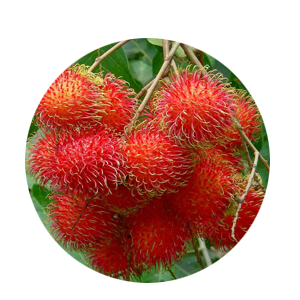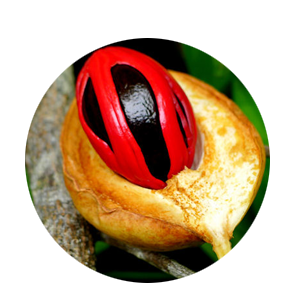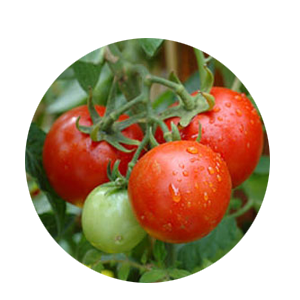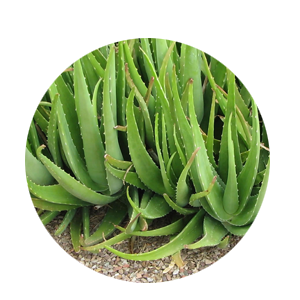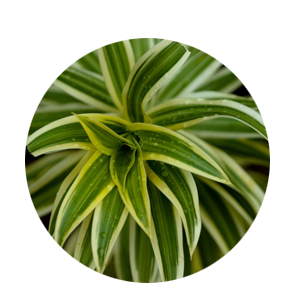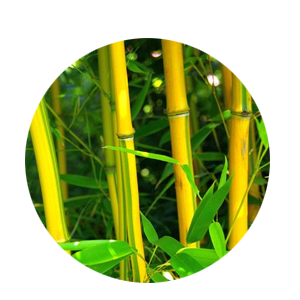Apple - Seedling - (8X10 bag)

Item Description
The apple tree (Malus domestica) is a deciduous tree in the rose family best known for its sweet, pomaceous fruit, the apple. It is cultivated worldwide as a fruit tree, and is the most widely grown species in the genus Malus. The tree originated in Central Asia, where its wild ancestor, Malus sieversii, is still found today. Apples have been grown for thousands of years in Asia and Europe, and were brought to North America by European colonists. Apples have religious and mythological significance in many cultures, including Norse, Greek and European Christian traditions. Apple trees are large if grown from seed, but small if grafted onto roots (rootstock). There are more than 7,500 known cultivars of apples, resulting in a range of desired characteristics. Different cultivars are bred for various tastes and uses, including cooking, eating raw and cider production. Apples are generally propagated by grafting, although wild apples grow readily from seed. Trees and fruit are prone to a number of fungal, bacterial and pest problems, which can be controlled by a number of organic and non-organic means. In 2010, the fruit\\\\\\\\\\\\\\\'s genome was sequenced as part of research on disease control and selective breeding in apple production. Worldwide production of apples in 2013 was 80.8 million tonnes, with China accounting for 49% of the total 1. Apples Are Nutritious A medium apple is equal to 1.5 cups of fruit. Two cups of fruit daily are recommended on a 2,000-calorie diet. Below are some nutrition facts for a medium apple: Calories: 95. Carbs: 25 grams. Fiber: 4 grams. Vitamin C: 14% of the RDI. Potassium: 6% of the RDI. Vitamin K: 5% of the RDI. Manganese, copper and vitamins A, E, B1, B2 and B6: Under 4% of the RDI 2. Apples May Be Good for Weight Loss 3. Apples May Be Good for Your Heart 4. They’re Linked to a Lower Risk of Diabetes 5. They May Have Prebiotic Effects and Promote Good Gut Bacteria 6. Substances in Apples May Help Prevent Cancer 7. Apples Contain Compounds That Can Help Fight Asthma 8. Apples May Be Good for Bone Health 9. Apples May Protect Against Stomach Injury From NSAIDs 10. The Antioxidants in Apples May Help Protect Your Brain in Old Age
Maintanance, Disease Management And Yielding
Common Apple Tree Diseases The caregiver of an apple tree has the added responsibility of watching for any diseases that may affect the tree. For example, sometimes mildew can form on the leaves of an apple tree. This mildew may reveal itself in a powder-like appearance on the leaves. Sometimes when an apple tree is exposed to too much dampness or humidity mildew can occur. Proper pruning can help in the prevention this problem. Apple scab is another disease seen with apple trees. The disease gets its name because of the scabs that are often discovered on the surface of the fruit. Dark spots also appear on the tree\\\\\\\\\\\\\\\\\\\\\\\\\\\\\\\\\\\\\\\\\\\\\\\\\\\\\\\\\\\\\\\'s leaves. Once again, areas with a lot of dampness can contribute to the development of this disease. Information on Apple Scab: Learn about apple scab, its causes, and more. Fire Blight Facts: Learn about the symptoms of fire blight, how it can spread, and more. Common Apple Tree Pests Not surprisingly, apple trees are also vulnerable to pests. The codling moth is an example of one of those pests that sometimes affects apple trees. The moth larvae can gain access to both an apple tree\\\\\\\\\\\\\\\\\\\\\\\\\\\\\\\\\\\\\\\\\\\\\\\\\\\\\\\\\\\\\\\'s leaves and fruit. Fortunately, there are traps that can help with a codling moth problem. Apple maggots are another pest that affects apple trees. The maggots gain access to the tree, lay eggs, and tunnel into the apples. In short, apple maggots can ruin many pieces of fruit on an apple tree. Once again, there are some traps that can help with an apple maggot problem
- Propogation Method : Seeds & Bulbs
- Plant Climate : Cool
- Plant Height : 2-3 feet
- Plant Weight : 3.5kg
- Plant Polybagsize : 8x10
Related Images
- Botanical Name : Malus Domestica
- Malayalam Name : ആപàµà´ªà´¿à´³àµâ€
- English Name : Apple
"An apple a day keeps the doctor away"
Planting Instructions
Planting the Tree in the Ground Before planting, remove all weeds and the grass in a 4-foot diameter circle. After you purchase the tree, protect it from injury, drying out, freezing, or overheating. If the roots have dried out, soak them in water about 24 hours before planting. Dig a hole approximately twice the diameter of the root system and 2 feet deep. Place some of the loose soil back into the hole and loosen the soil on the walls of the planting hole so the roots can easily penetrate the soil. Spread the tree roots on the loose soil, making sure they are not twisted or crowded in the hole. Continue to replace soil around the roots. As you begin to cover the roots, firm the soil to be sure it surrounds the roots and to remove air pockets. Do not add fertilizer at planting time as the roots can be “burnedâ€. Fill the remainder of the hole with the loose soil, and press the soil down well. Most apple trees are grafted. The graft union must be at least 2 inches above the soil line so that roots do not emerge from the scion. The graft union (where the scion is attached to the rootstock) can be recognized by the swelling at the junction.




